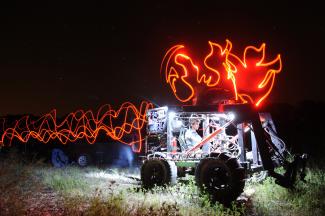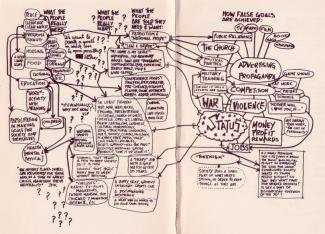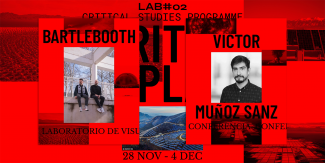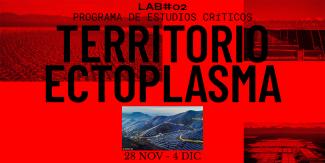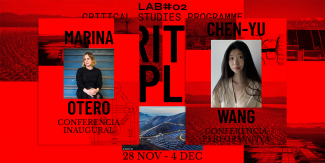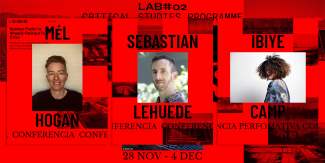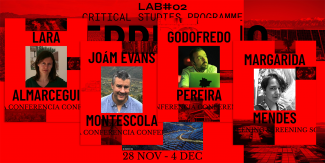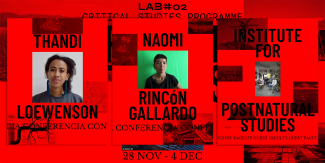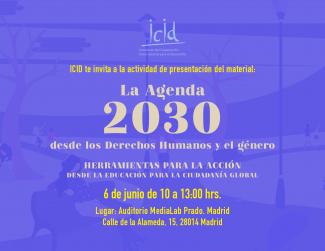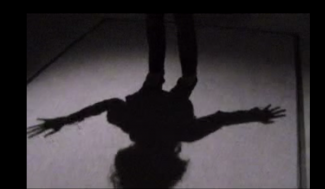Taller ‘Getting Real: Collaborative Design of Open Source Products’
In the workshop, Marcin Jakubowski will involve an audience in an exploration of applying open source principles to the design of real, economically significant products. Open source has so far dominated the world of software, and in this workshop, we will explore the limits of open source in hardware - ie - the collaborative design of open source products that are otherwise currently designed in a proprietary framework by corporations. We will ask what are the barriers to, and the requirements for - a methodology where product design effort is socialized for the benefit of everyone? What



 Medialab-Matadero Madrid
Medialab-Matadero Madrid
